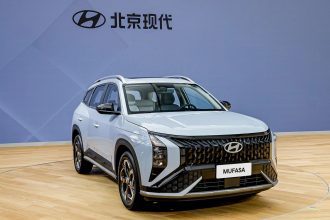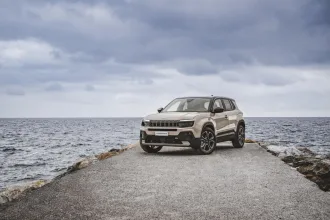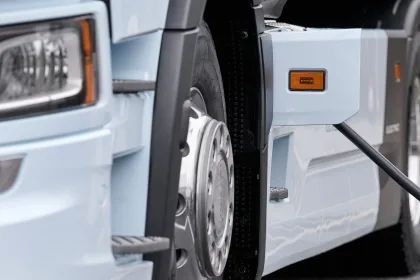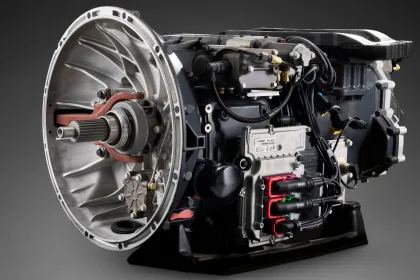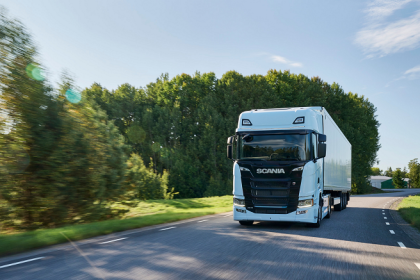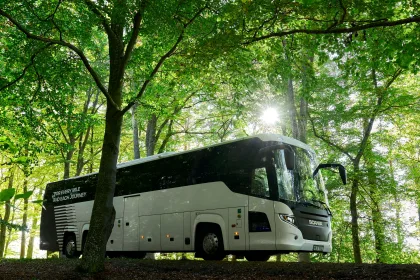- Scania Group sales revenue declined by 10 percent to SEK 49.9 billion (55.4)
- Adjusted operating result at SEK 4.5 billion (8.0), with a 9.0 percent (14.5) adjusted return on sales
- Vehicle deliveries (unit sales) decreased by 5 percent to 24,602 vehicles, whereof Zero Emission Vehicles (ZEV) amounted to 117 units (62)
- Incoming orders increased by 6 percent to 20,393 vehicles, whereof Zero Emission Vehicles amounted to 156 units (141)
Scania delivered a resilient performance, balancing short-term challenges with long-term strategic progress, in a more challenging macro-economic environment.
Sales revenue and adjusted operating results were down in the second quarter compared to the same period last year, largely due to lower delivery volumes and currency headwinds.
Truck deliveries decreased, with Brazil seeing the sharpest decline due to a weakened market driven by high interest rates, inflation and elevated dealer stocks.
Scania’s total vehicle order intake increased, supported by stronger demand in Europe compared to the second quarter last year. However, the upward trend in order intake seen in previous quarters has reversed.
Despite headwinds, Scania maintained a strong position in Europe, with a stable market share of 17.9 percent in a contracting heavy truck market.
“While the macro environment remains unstable, I’m confident we are in a strong and unique position to play a leading role in shaping the future of our industry,” says Christian Levin, President and CEO of Scania and TRATON Group.

